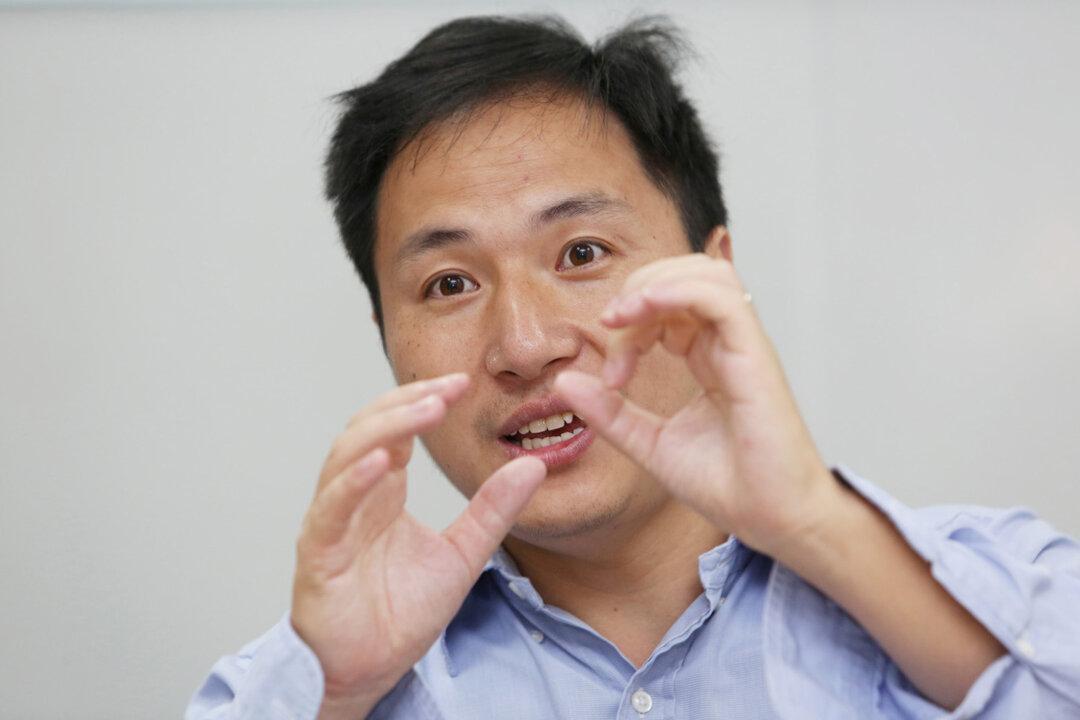LONDON—A rogue Chinese scientist who caused outrage last year when he said he had created the world’s first “gene-edited” babies in an attempt to protect them from HIV may also have put them at risk with a “foolish” choice of gene, experts said on June 3.
He Jiankui, then an associate professor at the Southern University of Science and Technology in Shenzhen, China, sparked an international scientific and ethical row when he said he had used a technology known as CRISPR-Cas9 to alter the embryonic genes of twin girls born in November 2018.





